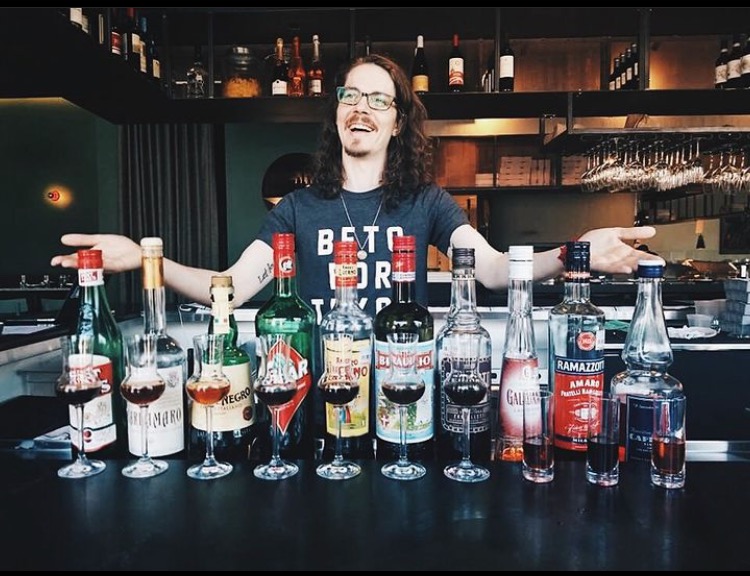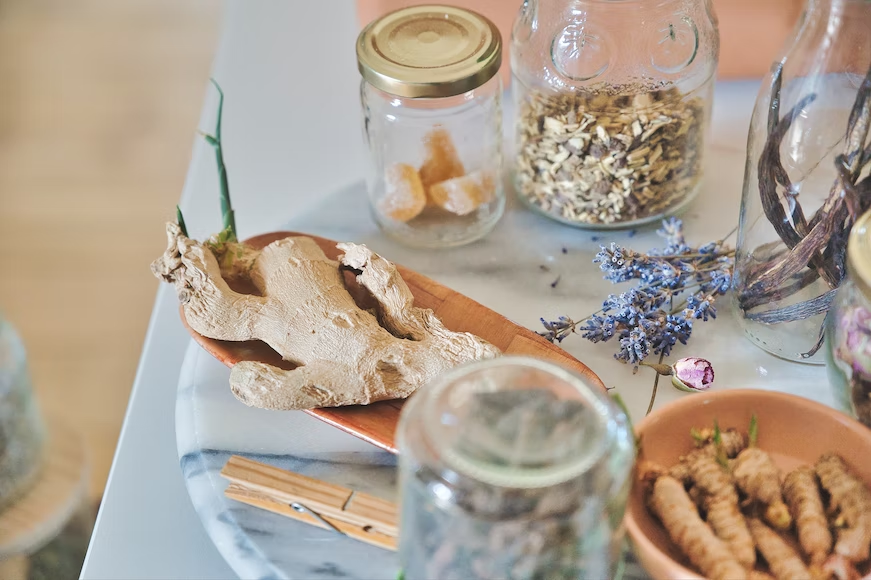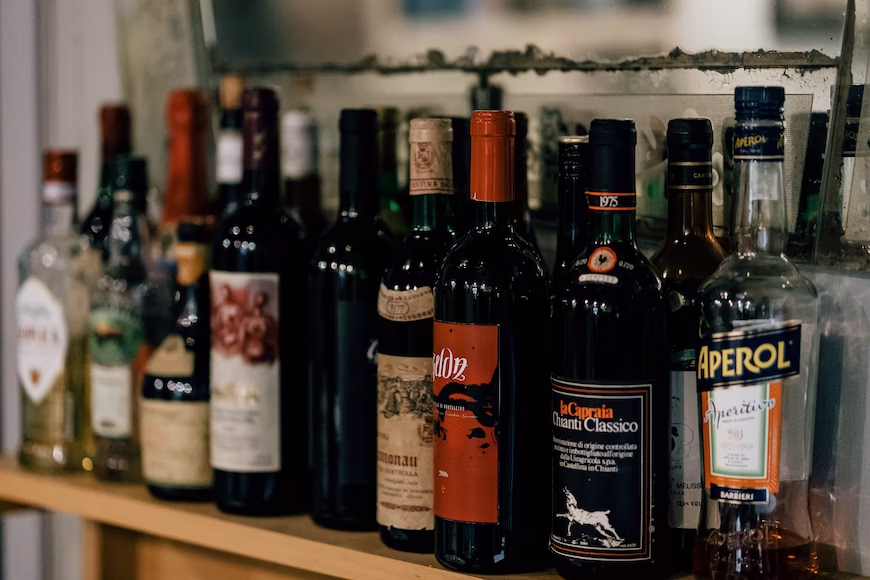
What is Amaro?
Amaro is a loose classification for a group of herbal, bittersweet, aromatic Italian-made liqueurs. Amaro— plural ‘amari’— dates back hundreds of years in Italy, crafted in monasteries as medicinal treatments for a variety ailments. The basic construction of an amaro recipe involves mascerating herbs, roots, nuts, fruits, berries, bark, and flowers. The mixture is then steeped in alcohol for 3-4 weeks. After the designated time has passed and the alcohol is sufficiently infused, the plant matter is filtered out and the alcohol is once again set to age, typically for an additional 2 weeks, though some producers age it for as long as a year....

Ingredients
A Brief Overview of Bitter Ingredients Amaro is Italian for ‘bitter’. As the name implies, the main characteristic that distinguishes amaro from other liqueurs is its bitterness. This bitterness triggers a survival mechanism built into us over thousands of years. Throughout evolution human bodies have grown a sort of alarm system to react to bitter ingredients. This is because, unlike sweet and salty things, bitter is often indicative of toxicity....

Types of Amari
When discussing different types of amari its important to remember that amaro is currently not regulated. Some producers are petitioning to have a D.O.P, denominazione di origine protetta (protected designation of origin) added to amari, similar to wines and cheese, but right now none exists. There are no strict classifications for different types of amaro. But certain distinctions can be made based on the ingredients used and the flavor profile of the amaro....

Summary
Amaro is a complex group of beverages, which is what many find so appealing. The lack of regulation means that there are very few limitations, which gives producers a lot of liberty when it comes to designing their products. side note: in the last decade many producers of amari have emerged in the United States, each experimenting with the ancient ingredients in unique and creative ways, sometimes to the lamentation of Italian traditionalists....